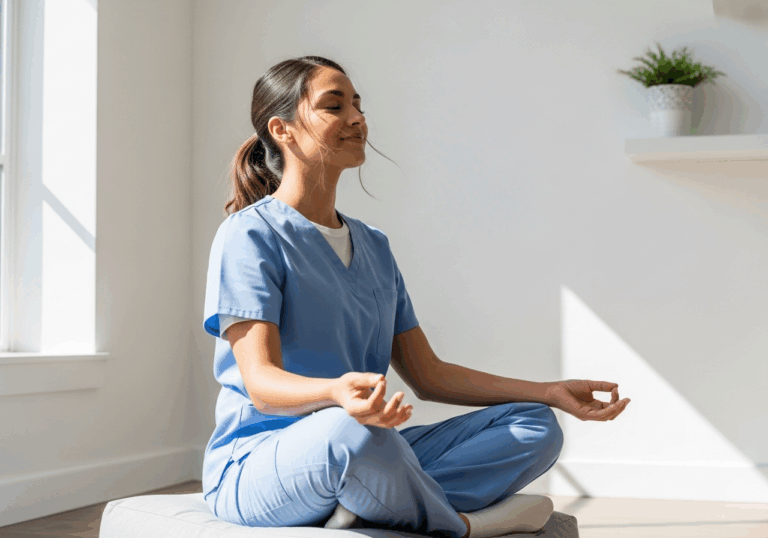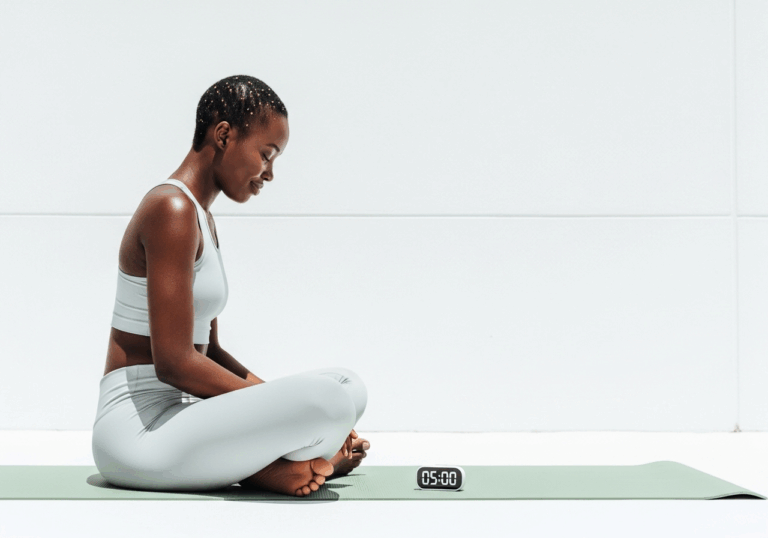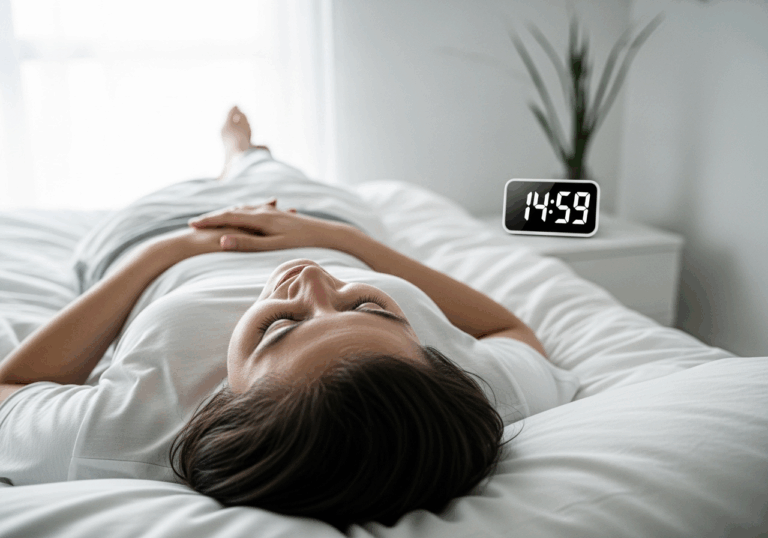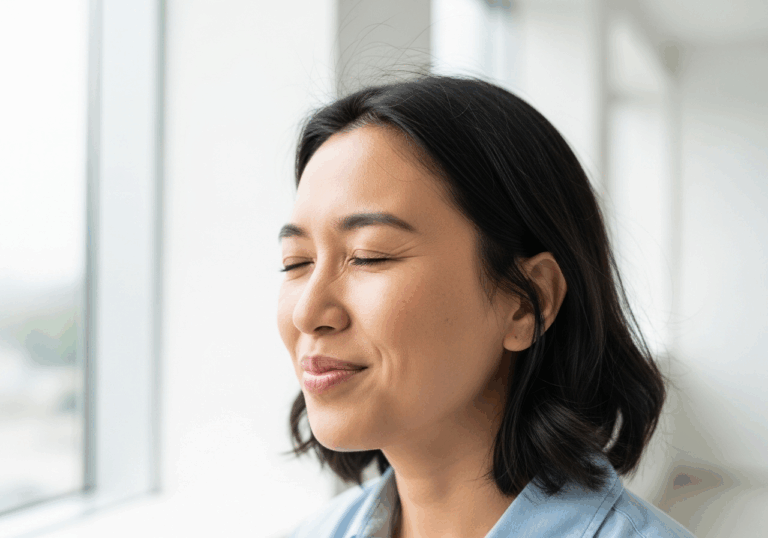Science-Backed Tips
Transforming Social Anxiety with Virtual Reality Therapy
VRET shows a moderate effect size of g = 0.67 in adults.
📊 Did you know?
💡 Why It Matters
1️⃣
Reducing social anxiety can lead to improved interpersonal functioning, enhancing overall quality of life.
2️⃣
A decrease in social-evaluation stress may correlate with a 30% increase in mood improvement.
3️⃣
Effective treatment of social anxiety can reduce healthcare costs associated with mental health disorders.
✅ Try These Micro-Tips
🎯
Engage in virtual reality exposure therapy sessions for at least 30 minutes, 2-3 times a week.
🎯
Practice mindfulness techniques for 10 minutes daily to complement VRET.
🎯
Join a support group to share experiences and strategies for managing social anxiety.
🎯
Track your progress weekly to monitor improvements in mood and anxiety levels.
📚 The study
This finding is significant because reducing social anxiety not only alleviates distress but also enhances mood and interpersonal functioning, leading to a better quality of life.
In fact, a decrease in social-evaluation stress can correlate with a remarkable 30% increase in mood improvement.
Furthermore, effective treatment of social anxiety can also contribute to lowering healthcare costs associated with mental health disorders, making VRET a valuable option for those seeking relief from the burdens of social anxiety.
As we continue to explore innovative therapeutic approaches, VRET stands out as a promising avenue for individuals looking to reclaim their lives from the grips of social anxiety, fostering healthier relationships and a more fulfilling existence.
❓ Frequently Asked Questions ❓
Learn more
What is virtual reality exposure therapy (VRET)?
VRET is a therapeutic approach that uses virtual reality technology to expose individuals to anxiety-provoking social situations in a controlled environment. It aims to help reduce social anxiety and improve overall mood and interpersonal functioning.
How effective is VRET for treating social anxiety disorders?
Research indicates that VRET has a moderate to large effect size (g ≈ 0.67) in reducing social anxiety compared to control groups. This effectiveness is observed both immediately after the intervention and during follow-up assessments.
What are the benefits of reducing social anxiety?
Reducing social anxiety can significantly enhance mood and improve interpersonal functioning. This improvement can lead to a better overall quality of life and increased satisfaction in social interactions.
How often should I engage in VRET sessions?
It is recommended to participate in VRET sessions for at least 30 minutes, 2-3 times a week. Consistent practice can lead to better outcomes in managing social anxiety.
What role does mindfulness play in conjunction with VRET?
Practicing mindfulness techniques for 10 minutes daily can complement the effects of VRET. Mindfulness helps in managing anxiety and enhancing emotional regulation during the therapy process.
Can joining a support group help with social anxiety?
Yes, joining a support group can provide a safe space to share experiences and strategies for managing social anxiety. It fosters a sense of community and can enhance motivation and accountability.
How can I track my progress in managing social anxiety?
Tracking your progress weekly can help you monitor improvements in mood and anxiety levels. This practice allows for adjustments in your treatment plan and reinforces positive changes.
What is the correlation between social-evaluation stress and mood improvement?
A decrease in social-evaluation stress may correlate with a 30% increase in mood improvement. This relationship highlights the importance of addressing social anxiety for better emotional well-being.
What are the healthcare cost implications of treating social anxiety effectively?
Effective treatment of social anxiety can lead to reduced healthcare costs associated with mental health disorders. By improving mental health outcomes, individuals may require fewer medical interventions and support services.
What should I expect after completing VRET?
After completing VRET, participants typically experience a moderate improvement in mood and a reduction in social anxiety symptoms. Continued practice and support can further enhance these benefits over time.





